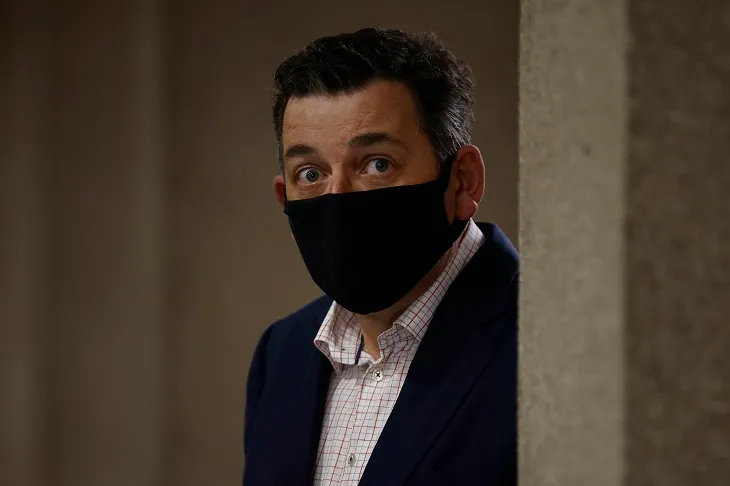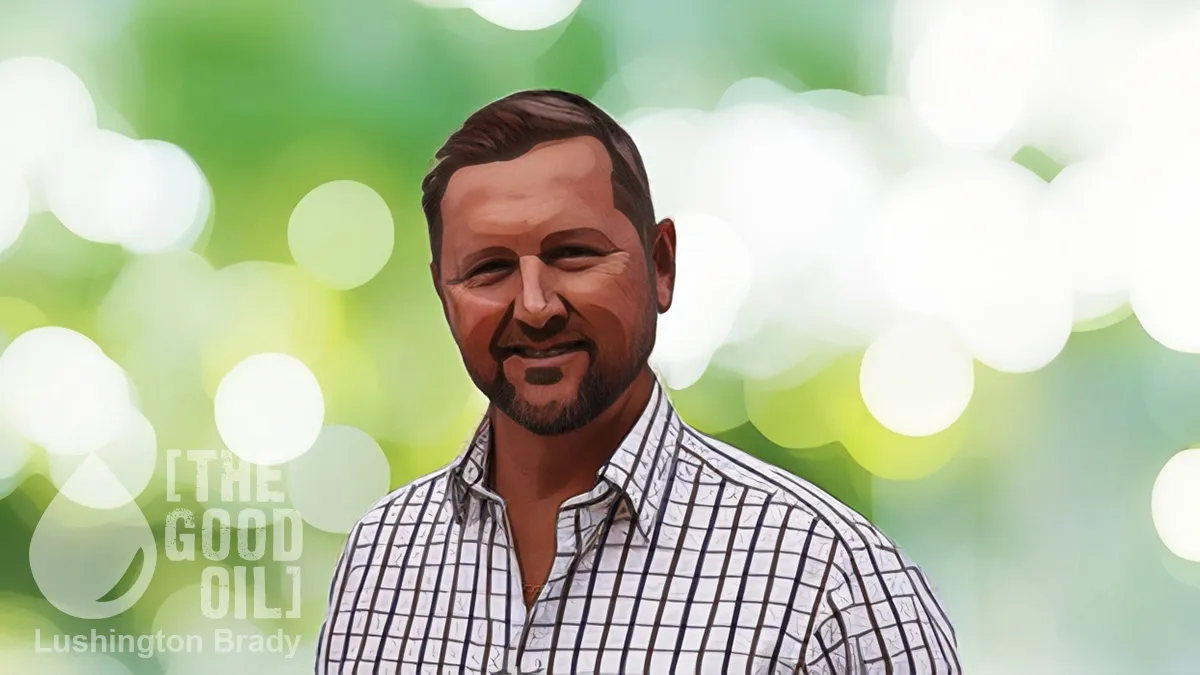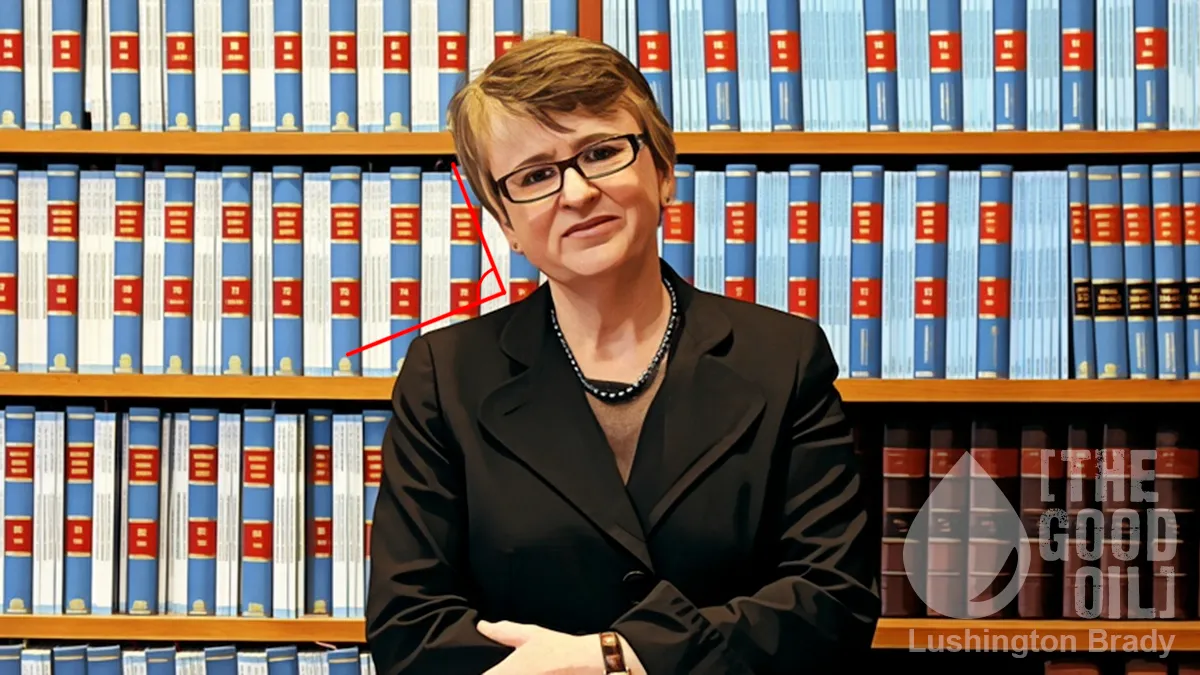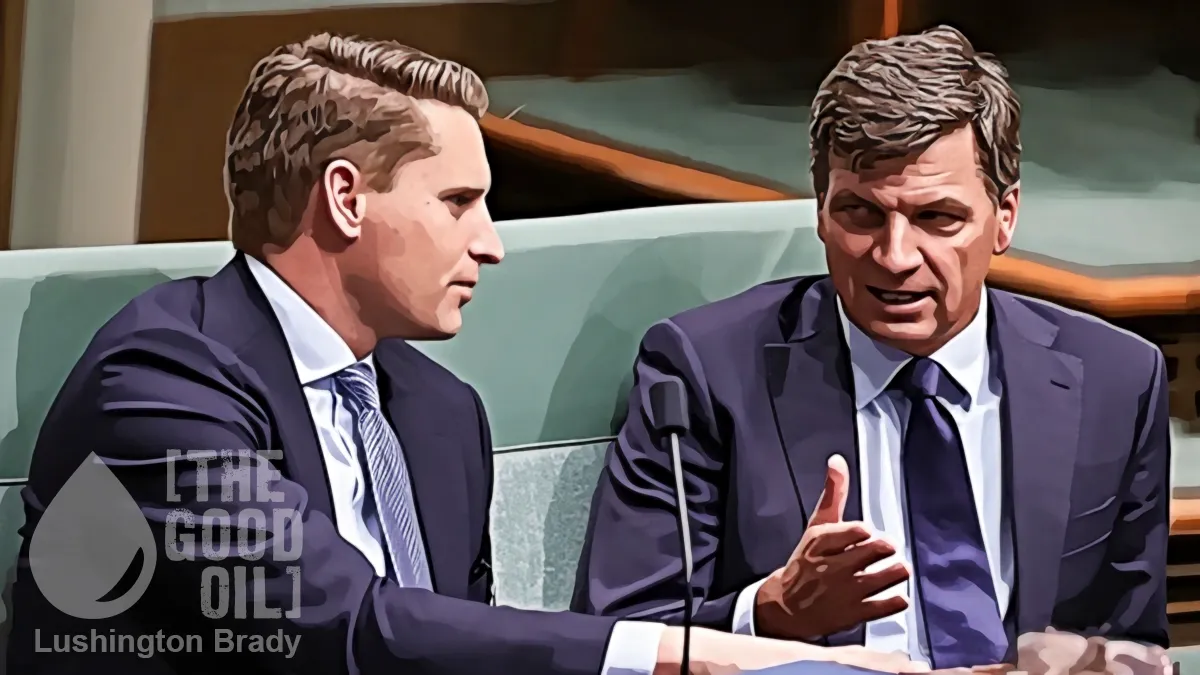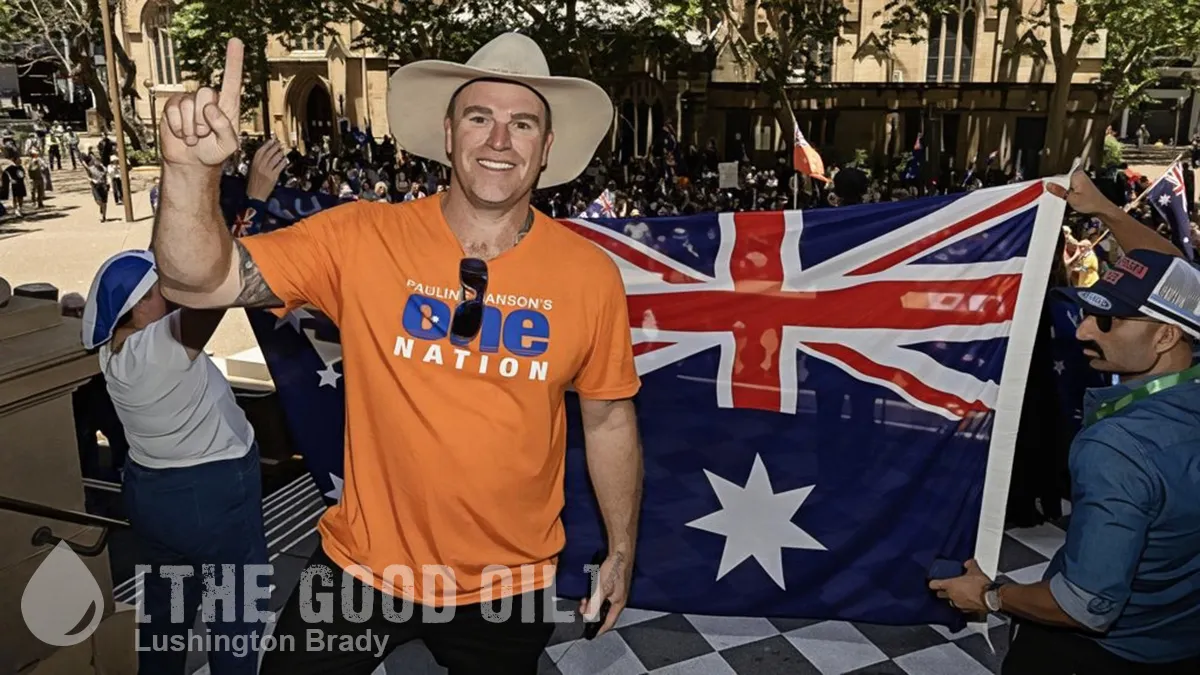Table of Contents
Australian PM Anthony Albanese clearly took to heart the adage, “Never set up an inquiry unless you know in advance what its findings will be”. After all, his so-called “Covid inquiry” was so obviously set up to be a whitewash — for instance, by excluding every action taken by state governments, meaning, well, nearly everything — that even public health troughers have labelled it a “protection racket”.
In fact, Albanese’s gambit to shield his good mate Dictator Dan from scrutiny was so blatant that even his own commissioners are rebelling.
A new detail on the inquiry’s website reveals it will consider how evidence was used to make decisions about “interventions, such as lockdowns, in different jurisdictions across Australia”.
That explicit instruction was not in the original terms of reference, suggesting the three experts leading the inquiry believe there should be particular scrutiny of the way evidence was used to make decisions about lockdowns, school shutdowns and border closures.
It’s still a long way from holding Albo’s Labor mates in the states accountable.
While that exemption remains – and individual state decisions about the strictness and severity of lockdowns will not be investigated – the subtle shift in the scope encourages the inquiry to probe whether these decisions were driven by sufficient evidence.
Spoiler alert: they weren’t.
Some of the more restrictive elements of Australia’s pandemic response – such as five-kilometre movement restrictions, time limits on outdoor exercise and evening curfews – were at times made on inconclusive evidence. The efficacy of curfews has been contested in several scientific studies across the world.
In fact, it was obvious just a few months into the pandemic that lockdowns and curfews were worse than useless. Even as early as April 2020, The BFD reported the first evidence that lockdowns were failing badly. As the pandemic rolled on, that evidence only grew stronger.
Not that Albo wants us to know that.
The inquiry Prime Minister Anthony Albanese announced in September acted on his election promise but fell short of public expectations and was criticised by human rights commissioner Lorraine Finlay for lacking the power of a royal commission to compel documents or call witnesses.
By contrast, the United Kingdom’s wide-ranging and years-long COVID inquiry has recently heard testimony from former aides to then-prime minister Boris Johnson, and pored over previously secret WhatsApp messages and internal government emails, to pick apart how and why decisions were made.
The evidence has been described as a remarkable insight into bitter divisions, but also as a trial of Johnson himself – an outcome Albanese wanted to avoid as he emphasised the inquiry would be about looking forward, not backwards.
In other words, the political and bureaucratic class never want to be held to account for what they did.
A statement from [commissioners] Kruk, Bennett and Jackson said the pandemic had been the most significant crisis Australians had faced in decades, with vast health, social and economic impacts.
The Age
Most damnably, the devastating and ongoing effects on a generation of children held hostage to public panic over a disease which overwhelmingly claimed those clinging to the very ends of their lives.
Former NSW premier Dominic Perrottet joined health experts in calling for the inquiry to look into the impact on children from school shutdowns – a key subject missing from the terms of reference for the inquiry on Thursday.
National Children’s Commissioner Anne Hollonds said political leaders must “put a spotlight” on the needs of children when Australia faced growing challenges with youth mental health, school refusal and academic performance.
“Kids have lost confidence, teachers and early childhood educators are saying kids are behind because they missed out on that social learning environment,” she said.
Even worse, the idiotic mask policies have drastically stunted their speech and associated learning abilities.
Perrottet said “all decisions” should be examined because of the obligation of political leaders to learn from the past […]
“This shouldn’t be about recrimination but reflection – taking an evidence-based approach to what worked and what didn’t so we are better prepared for the future.”
The Age
On the contrary, you better believe that this should be about recrimination.
Those bastards blighted the lives — possibly permanently — of not just adults, but generations of children. Evidence shows that even babies born during the pandemic are experiencing lasting detrimental effects.
Someone has to pay for what they did.

